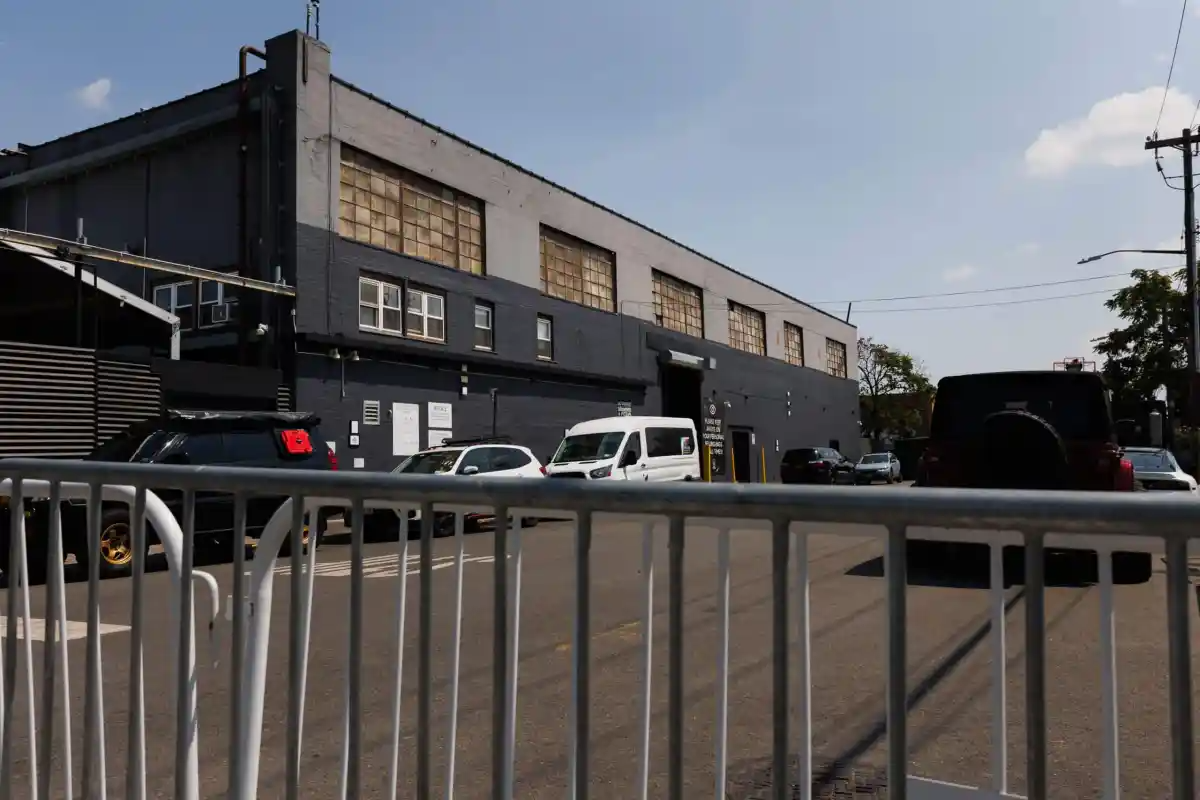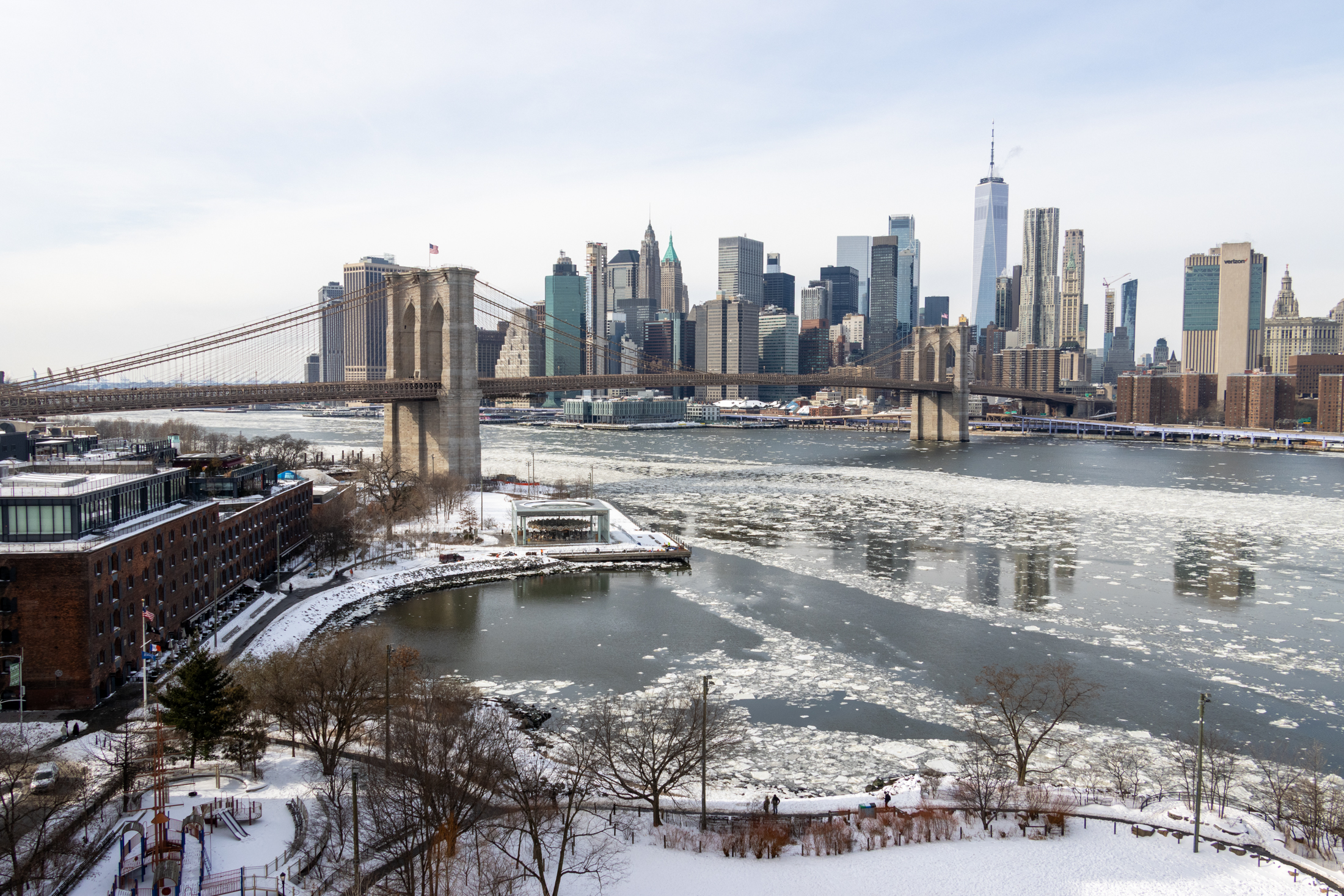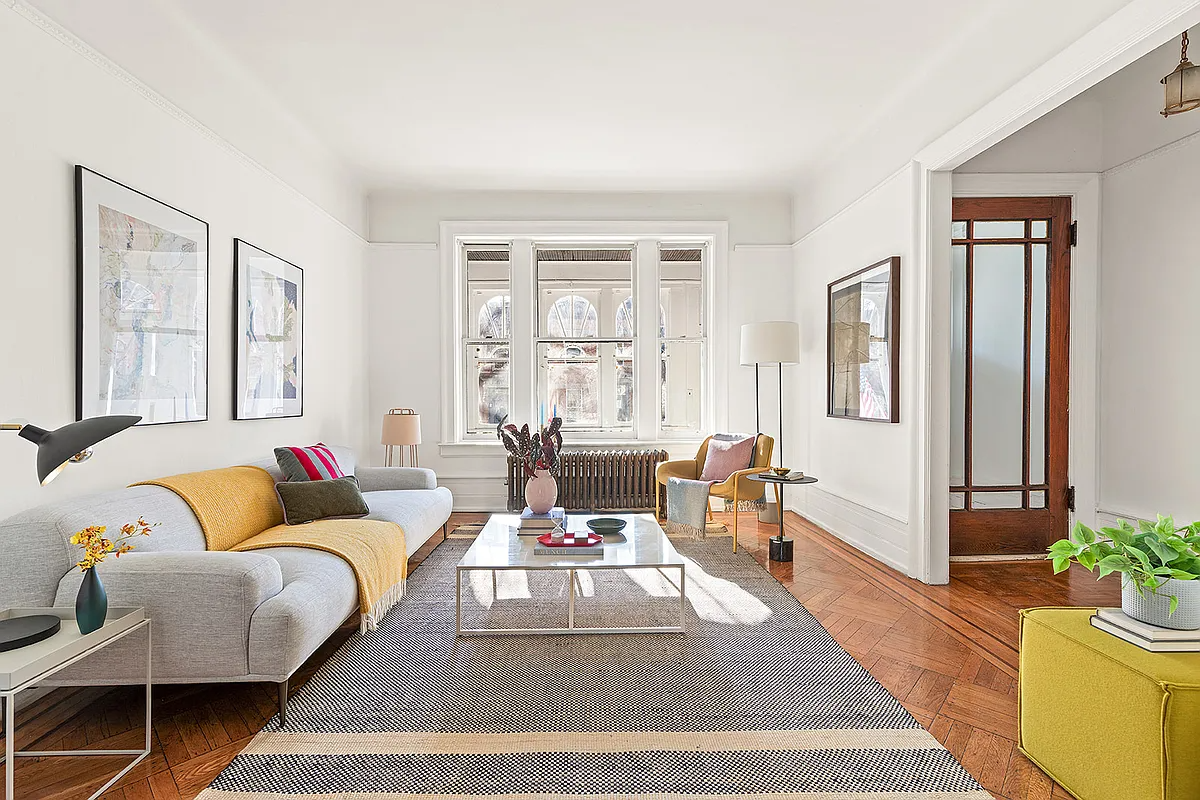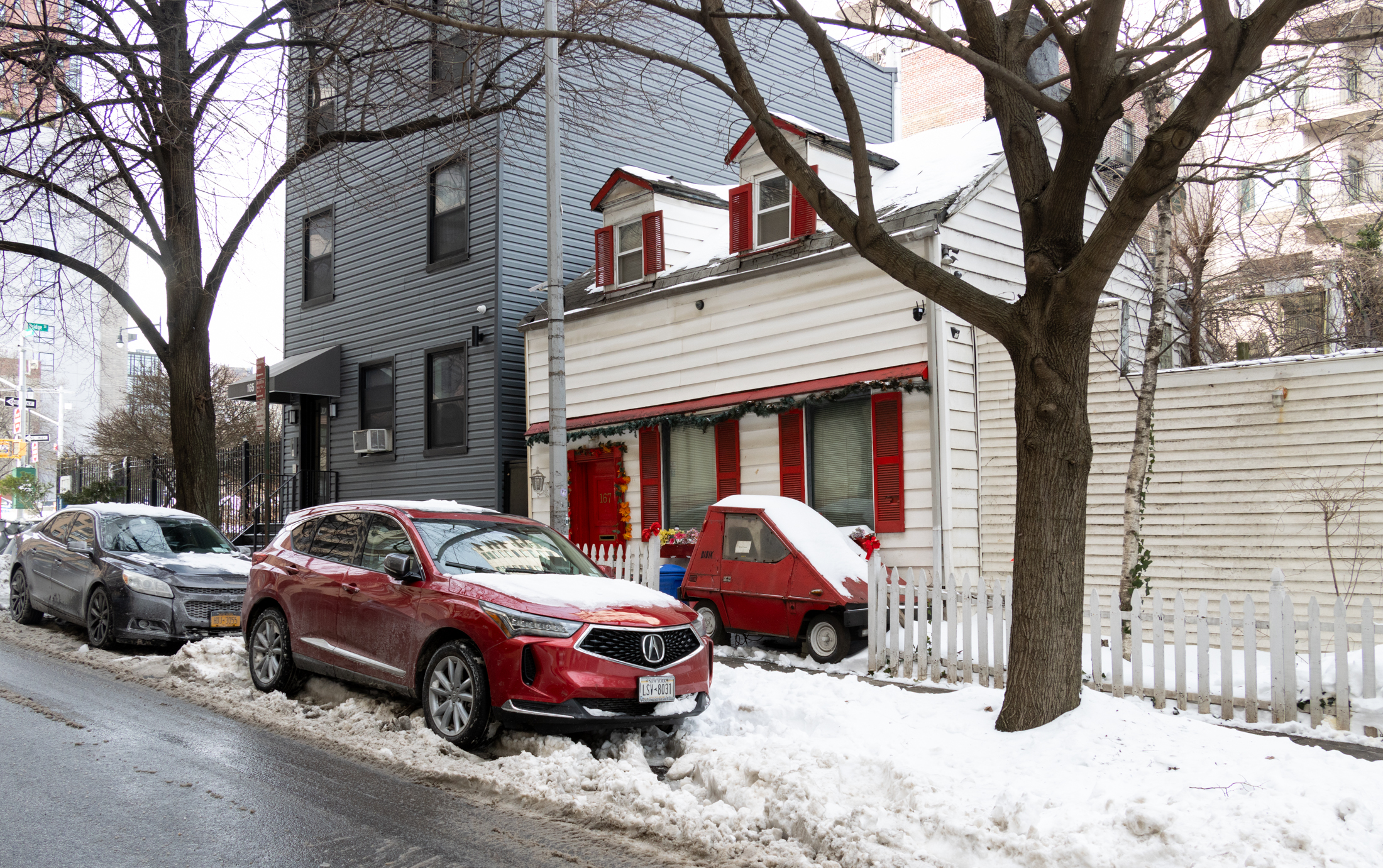And the Discussion on the Future of Suburbia Continues
On the Times’ Freakonomics blog, leading urban theorists are debating what we’ve been talking about around here lately: the future of suburbia. The “smart people” they gathered to pontificate include James Kunstler, Thomas Antus, Jan Brueckner, Gary Gates, John Archer, Alan Berube and Lawrence Levy, who offered these predictions: The suburbs have three destinies, none…


On the Times’ Freakonomics blog, leading urban theorists are debating what we’ve been talking about around here lately: the future of suburbia. The “smart people” they gathered to pontificate include James Kunstler, Thomas Antus, Jan Brueckner, Gary Gates, John Archer, Alan Berube and Lawrence Levy, who offered these predictions: The suburbs have three destinies, none of them exclusive: as materials salvage, as slums, and as ruins. Or: If [gentrification] continues in a significant way, large numbers of suburban households looking for urban stimulation may end up switching places with minority central-city dwellers, stirring the ethnic pot in both places. Or, this vision: Suburbia will be flexible, it will be smarter, and it will be hybrid. So which is it?
What Is the Future of Suburbia? [Freakonomics Blog]
Suburbia. Photo by Stacy Magallon.





I wouldn’t apply the gloomy predictions to places like Westchester. Westchester is like a farther located neighborhood of NYC. All the worry about what will happen to suburbs is really about those subdivisions that were built way outside cities, that some people would buy in because they could get a house twice the size, but it was cheaper because it’s located twice as far from the city with no public transportation. And they were built cheaply too. Those are the places in trouble.
Not the towns that have train stations, and are really on top of preservation so they have decent historic housing stock, and have economic development so their downtowns are cute with lots of amenities, and who have the foresight to start thinking about creating and protecting green space. I think those places will be fine. Sure, not everyone will choose those places over living in the city. But those towns won’t be in jeopardy like all those McMansion subdivisions way out in the middle of nowhere, that were built on old longtime farms, destroying the beautiful farmland and rural landscape of New Jersey. Really sad to drive out there and see that crap.
some of the pro-suburbs arguments in this thread are based on the faulty assumption that the suburbs will continue on as they are. the smarter of “smart people” are saying that suburbs aren’t sustainable, and i don’t see any of you arguing against their fundamental points. so suburbs may have some real advantages now, but what if a large number of those advantages disappear – or, continue to disappear? i’m not anti-suburb though, and i find the arguments regarding the movement toward walkable/light-rail suburbs, transit hubs and small cities are the most interesting. i think, however, that the return to “traditional modes” of living necessary to support some of these visions is just not realistic in the middle term and probably not ever.
lechacal – The benefits I cited are not ones that I vale very high (apparently similar to you) – but you have to be truthful and accept that many people weigh these factors as more important than either of us. Which is why the idea that all suburbs will turn into ghost towns or slums is beyond dumb.
Lechacal – I agree with you wholeheartedly.
Benson – your friend may have bitched about finances – but I’ll bet he had a multi bedroom&Bathroom house, 2 cars and at least one ‘extra’ (like a pool, media type room, a small boat, even a garden) –
Now compare that to what he’d have in NYC – the best he could obtain would likely be a 2br apartment not in any fancy neighborhood and possibly a car…and he’d be struggling to sustain this lifestyle too.
Look I am no fan of ‘suburban living’ but you have to be realistic as to what it is…. The local NYC Pool (for example) may be nice, but it is an entirely different experience then a pool (even a cheap above ground one) in your own backyard.
Ultimatly the issue isnt even suburbs – the issue is ZONING – you can have communities of single family homes, with yards – but they have to be within walking distance to mass transit and shopping (see Bayridge for example) – while maybe not as efficient as High density cities like Manhattan – it is possible to maintain the ‘best’ of the suburbs in a more rational manner.
City vs. suburbia is just a personal choice. No sense in getting ad hominem. As I noted earlier, I tried the suburbs myself a couple of years ago and am now back in the Slope. I had an approximately 5,000 square feet brick house on an acre and a half of land in a leafy Connecticut suburb. I had two cars in the garage, a grill in the backyard, trees I could call my very own — and I was gone in less than a year. I didn’t realize how important city living is to me until I didn’t have it any more. The neighbors were dull and edgeless. Almost any trip involved getting in a car. The local restaurants were culinary backwaters. People live inside their insular little houses watching television or hang out in their back yards. I couldn’t stand it.
To address the benefits claimed by fsrq:
“1. Public Schools”
This is pretty much why I moved “up there” in the first place. In the end, I decided there are worse things than navigating the New York public and private school system.
“2. Safety from crime (depending where, both perceived and real)”
You are also pretty safe from excitement or variety.
“3. Easier lifestyle (you might not get this but if you have 3 kids – loading up the SUV in one trip to Costco and Supermarket is FAR easier then the equivalent in city – plus consider those that commute within suburbs for work)”
I commuted by automobile (not to Manhattan – I was working “up there” too) and was pretty sure the daily commute was slowly sucking away my soul.
“4. Space – people like space (both indoor and outsoor) and dollar for dollar – suburbs generally cheaper.”
There’s lots of space in Siberia. The same square footage has very different values in different places for good reason.
“5.Affluence – both showing it and enjoying it – Virtually anyone making over 70K a year who is willing to commute can have a nice house (multiple BR and Bathrooms), with a nice yard and few extras – like a pool, or a “media room’, nice car etc…such extras are virtually only available to the truly rich in NYC – and people like those things both for there intrinsic enjoyment as well as to ‘show’ they are ‘successful’ – try looking ‘successful’ on 80K in NYC”
If you feel a need to appear successful to other people, I agree – the suburbs are perfect for you.
One reason I don’t think I’d ever live full time outside a city in a suburbia location, no matter how many restaurants there were within a few miles….DUI.
I need to be able to walk, taxi or car service to and, more importantly, from dinner/drinking.
11217 – My bad. For some reason I thought that was the other end of the neighborhood.
What about the drive from the house to Mt. Vernon, Polemicist?
That’s gotta tag on another few minutes (and gas miles), minimum, no?